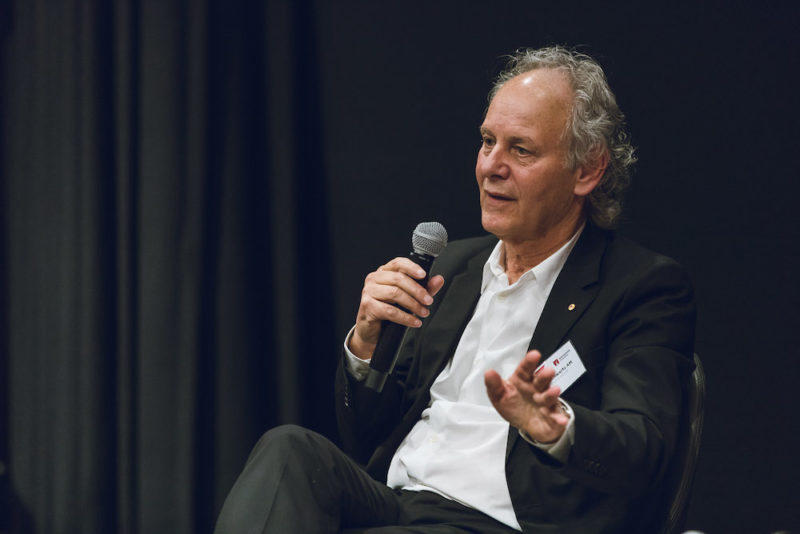Government regulation of digital platforms would be a dangerous mistake, warns publisher Morry Schwartz
Publisher Morry Schwartz has criticised media companies’ proposals to regulate Facebook and Google as a danger to press freedom in a speech describing the evolving industry landscape.
Delivering the 2018 Brian Johns Lecture, Schwartz criticised the major media organisations’ submissions to the ACCC Digital Platforms inquiry, saying they would present unacceptable dangers to the freedom for the press.



Paul
Maybe publish an edited version of Morrys address rather than by lining this as it’s not really a story
Morry
If you read mumbrella
Isn’t this just a tad contrarian romantic?
Google and Facebook aren’t special. They are just new strangling monopolies on distribution that are slowly but surely losing the plot as they drink themselves stupid on overwhelming amounts of power and influence. We love to hate government in this day and age but this is why they exist . Its society saying too far guys – and they are all guys always. Sure let’s not give Murdoch any more free hits or Fairfax for that matter. And yes, their time has past. But the stranglehold these companies have on distribution of data and information now is no different t to past strangleholds on distribution which in the end were bad for business and society. Think Bell AT&T in telephony, CBS And NBC in radio and then TV , Vanderbilt in railways, Rockefeller and Carnegie in oil.
Regulate these fuckers and do it sooner rather than later. They’ve proven like many before them that they are just not smart enough and human enough to handle so much power in such an important time in the development of technology and society